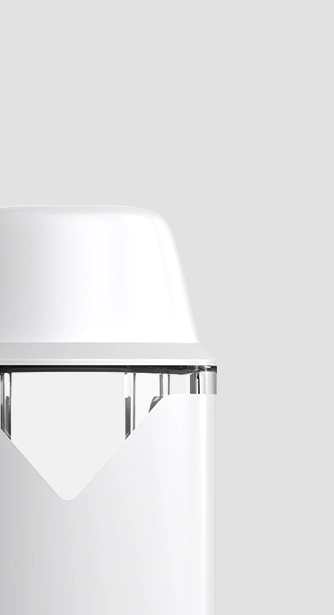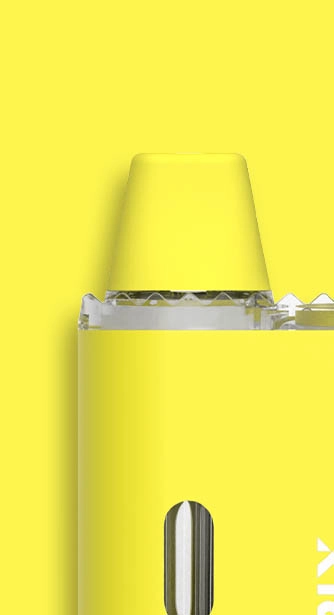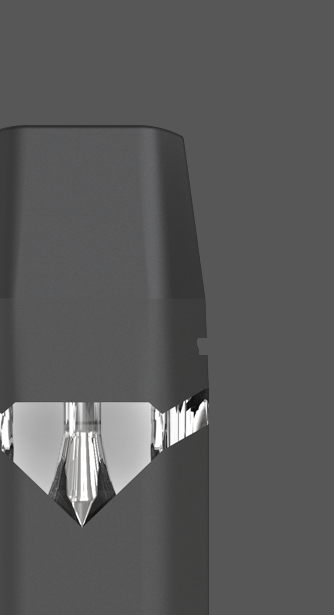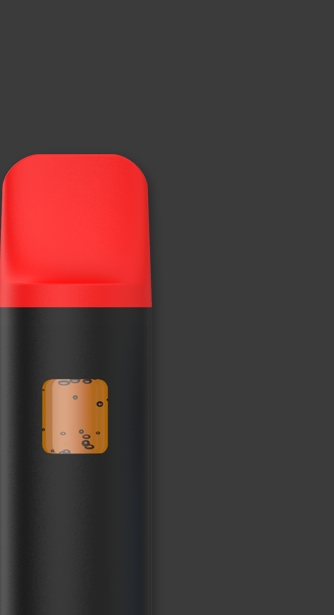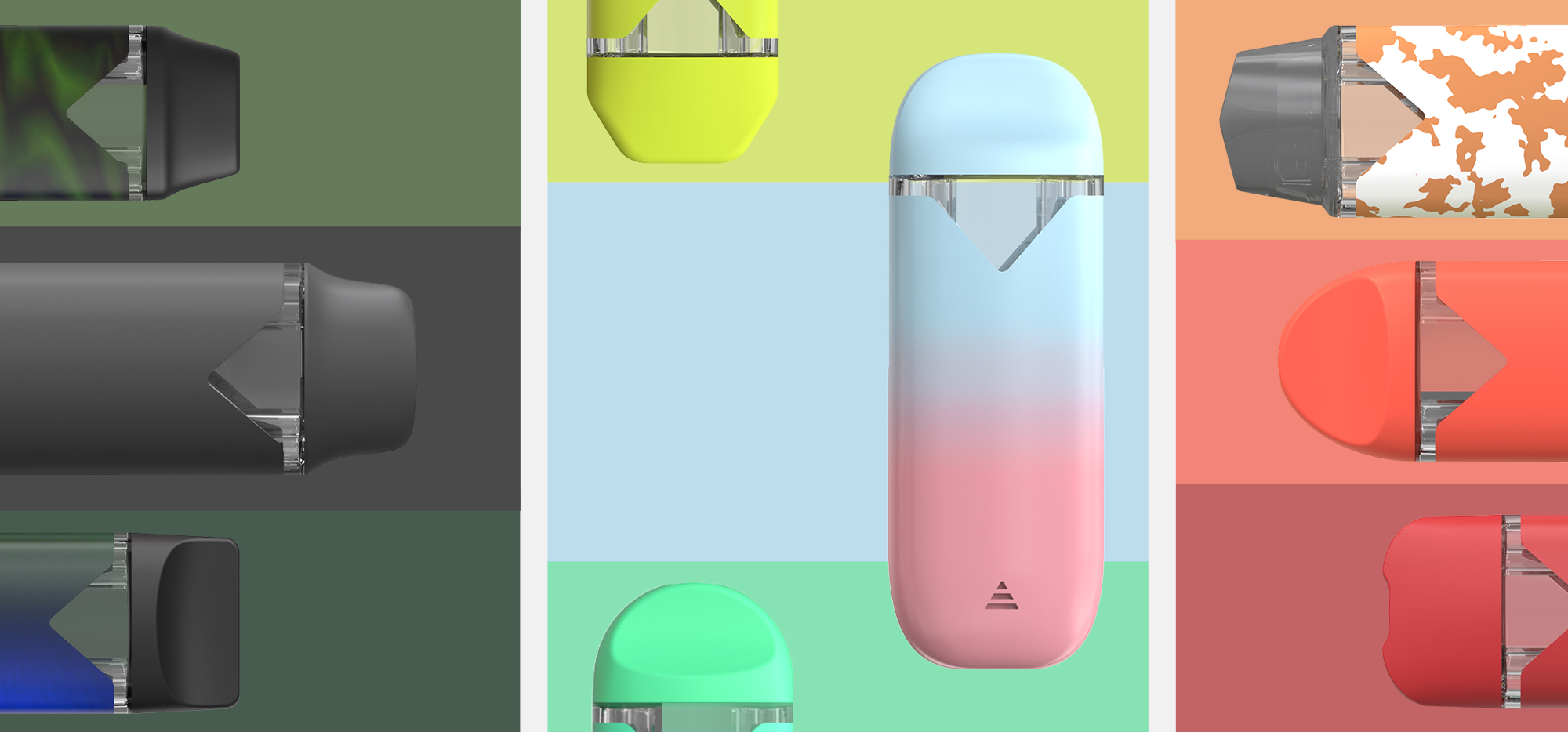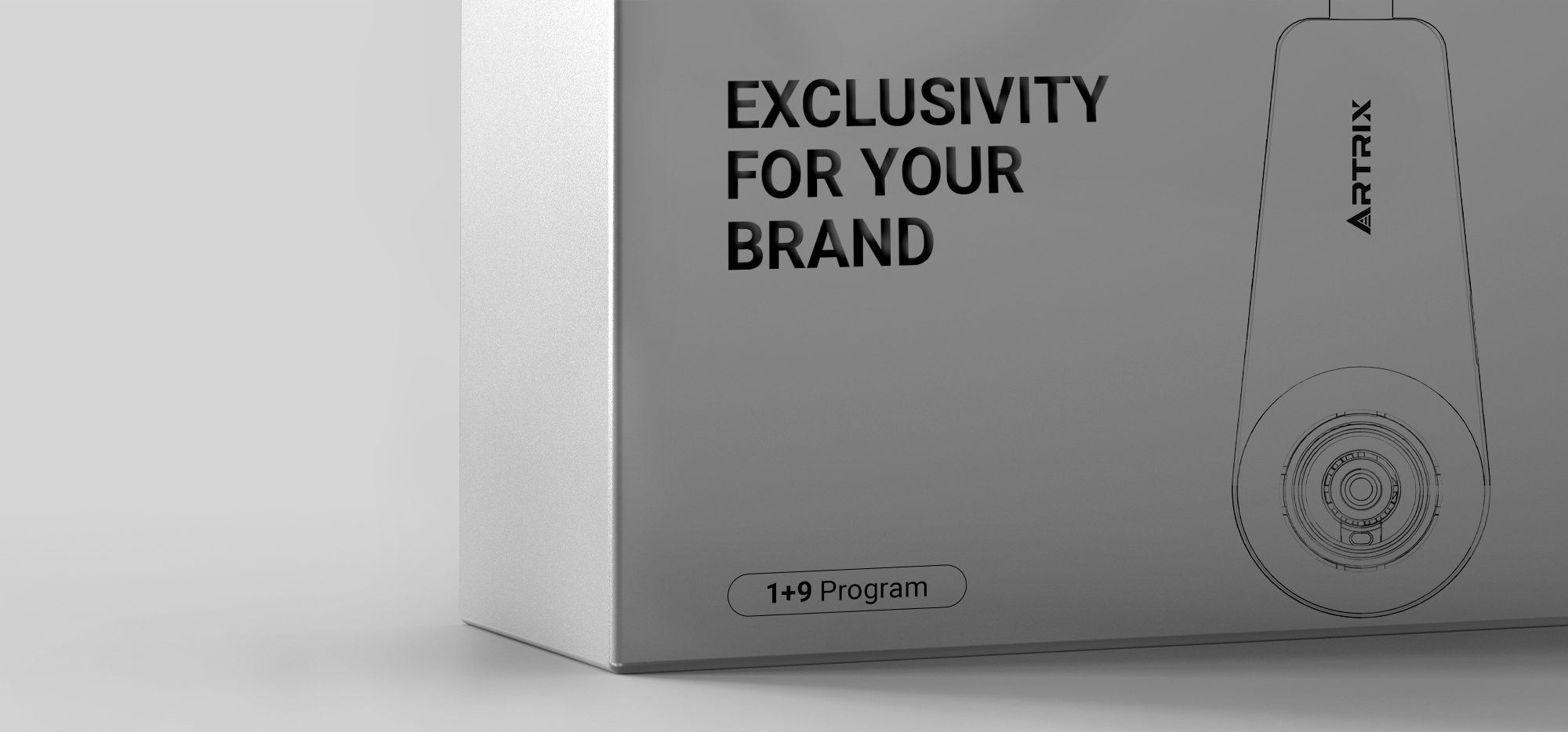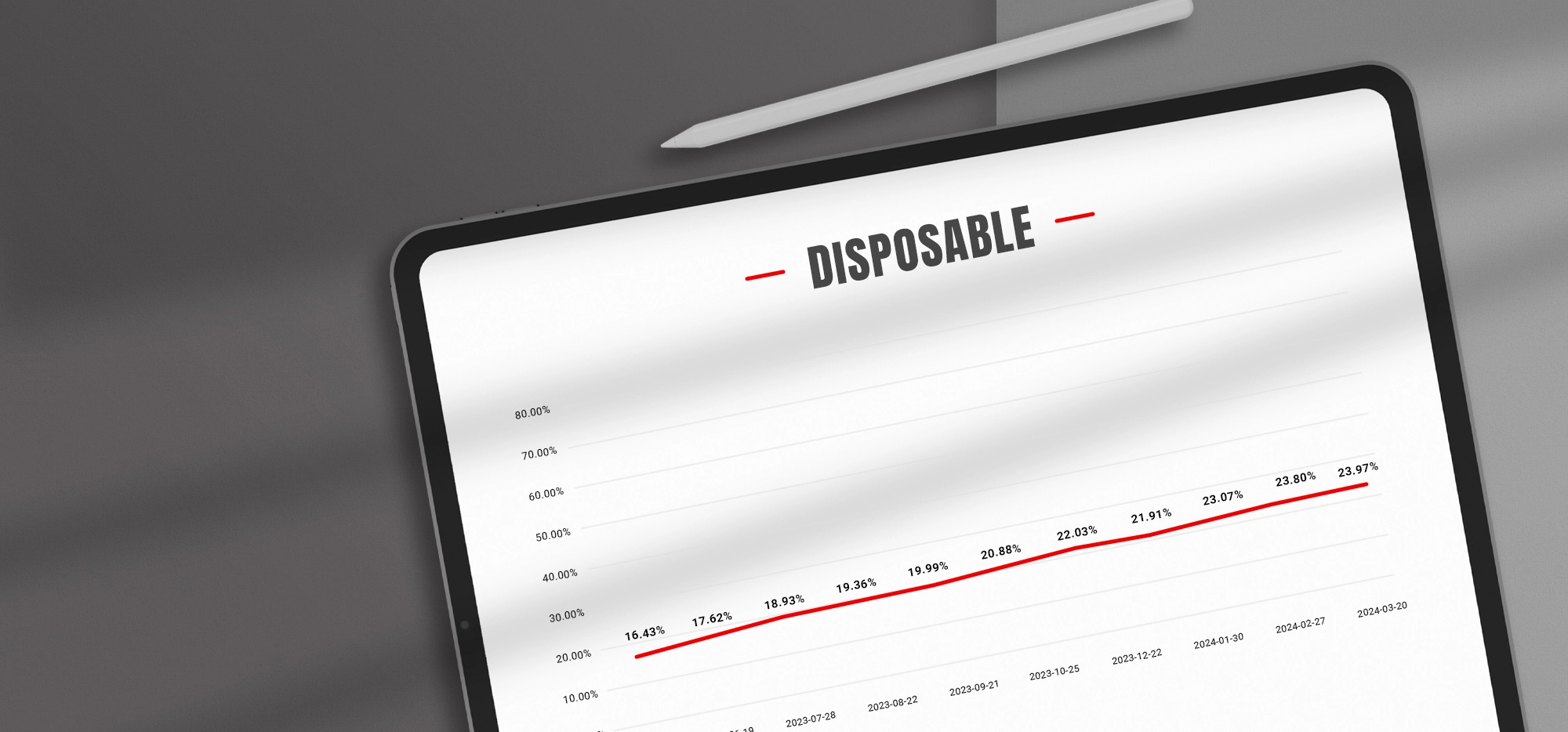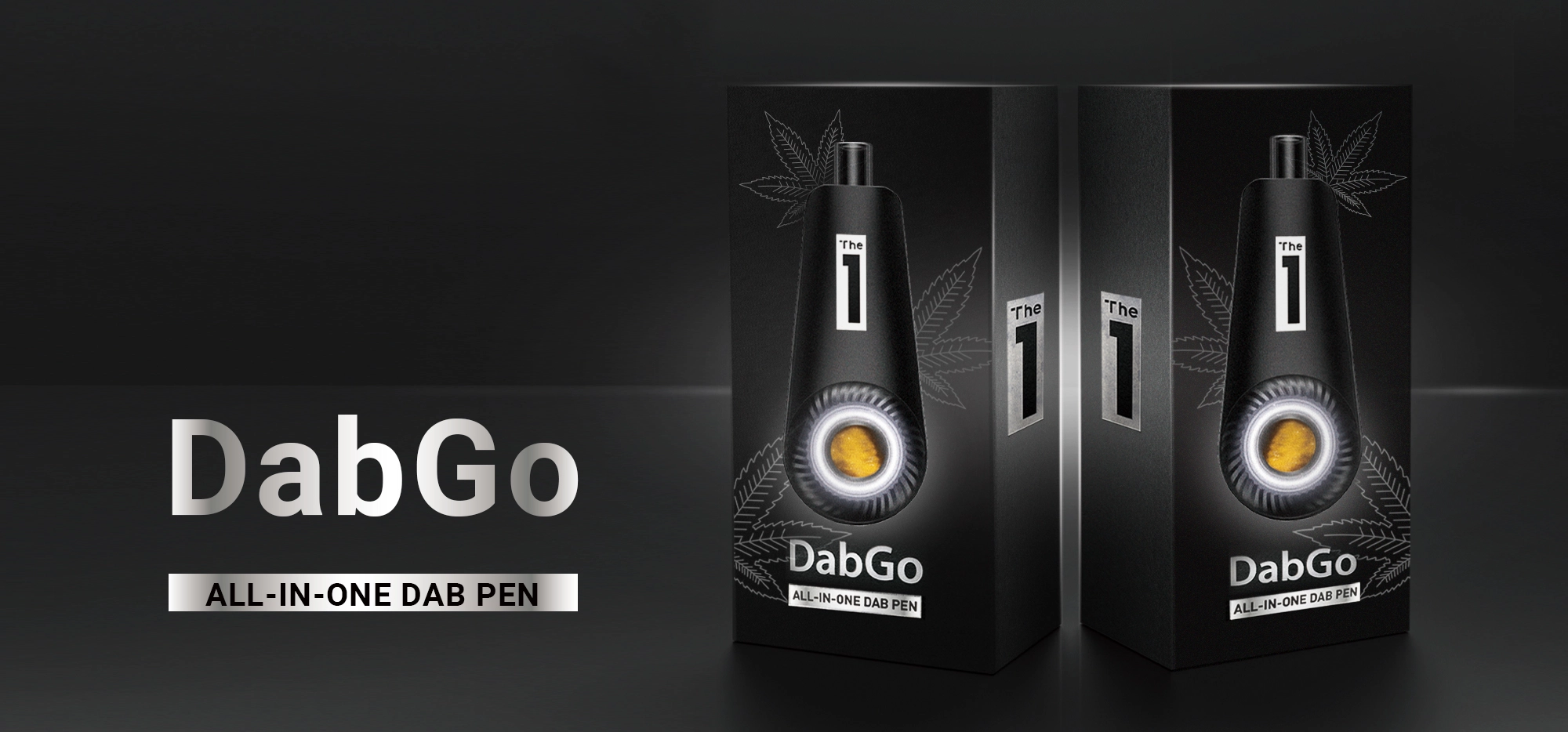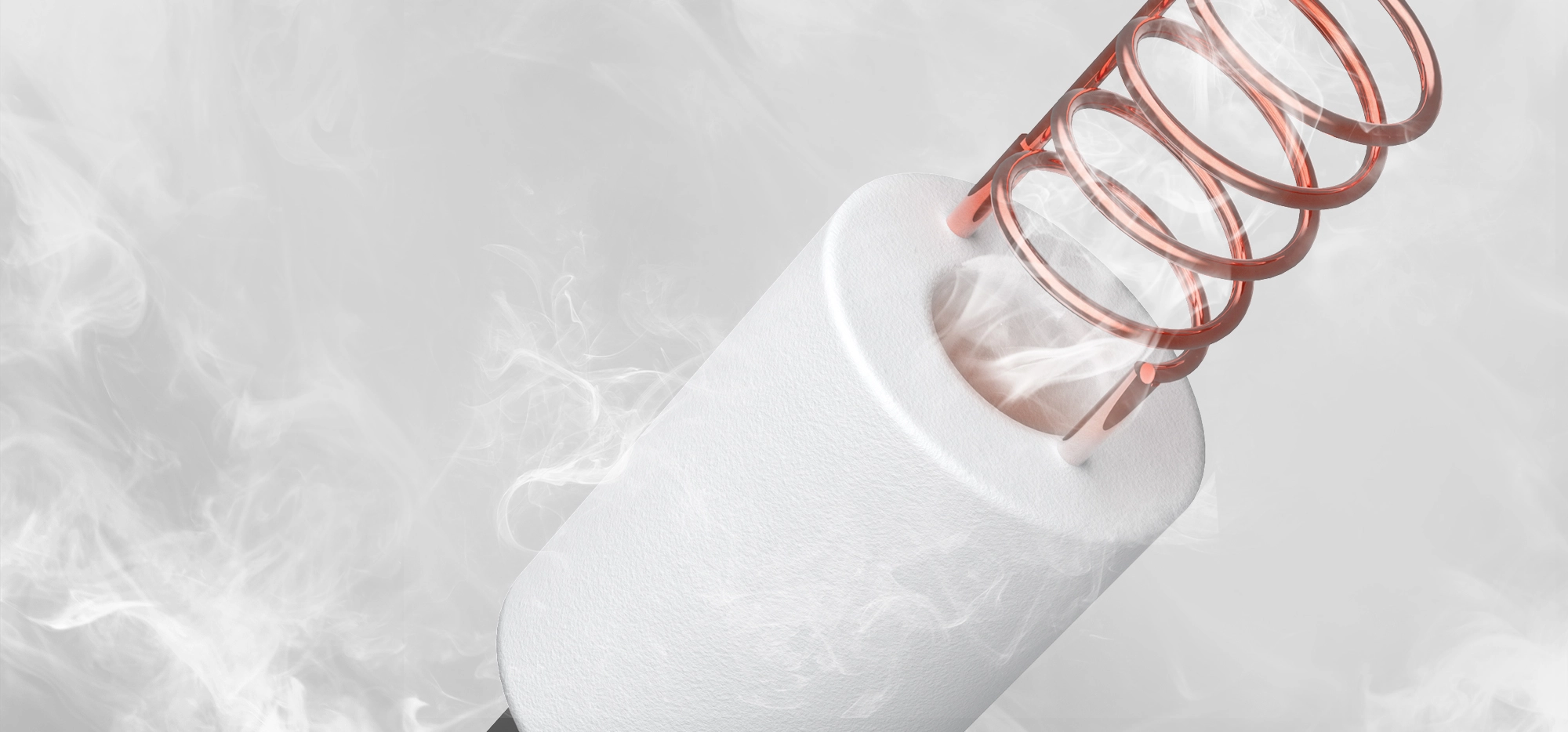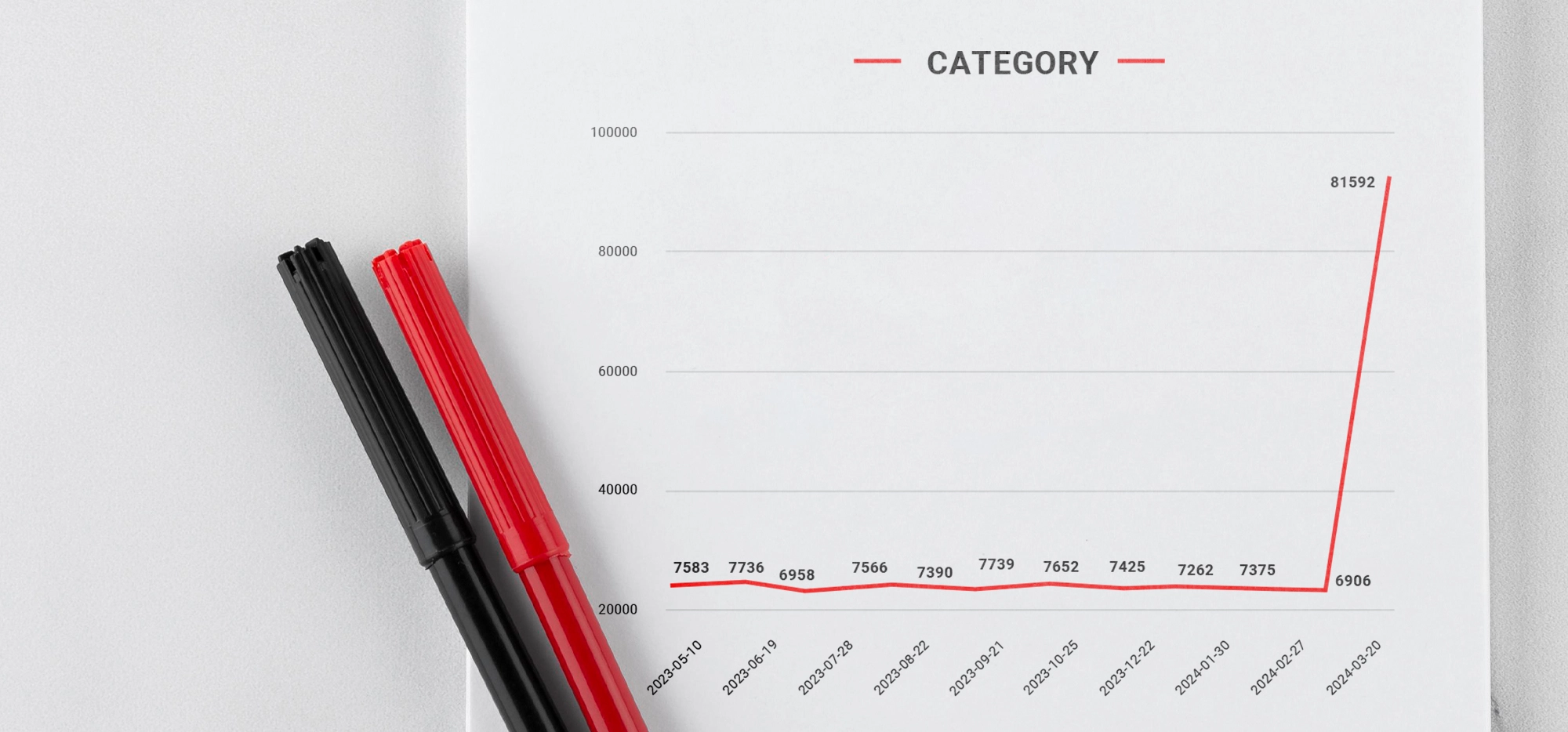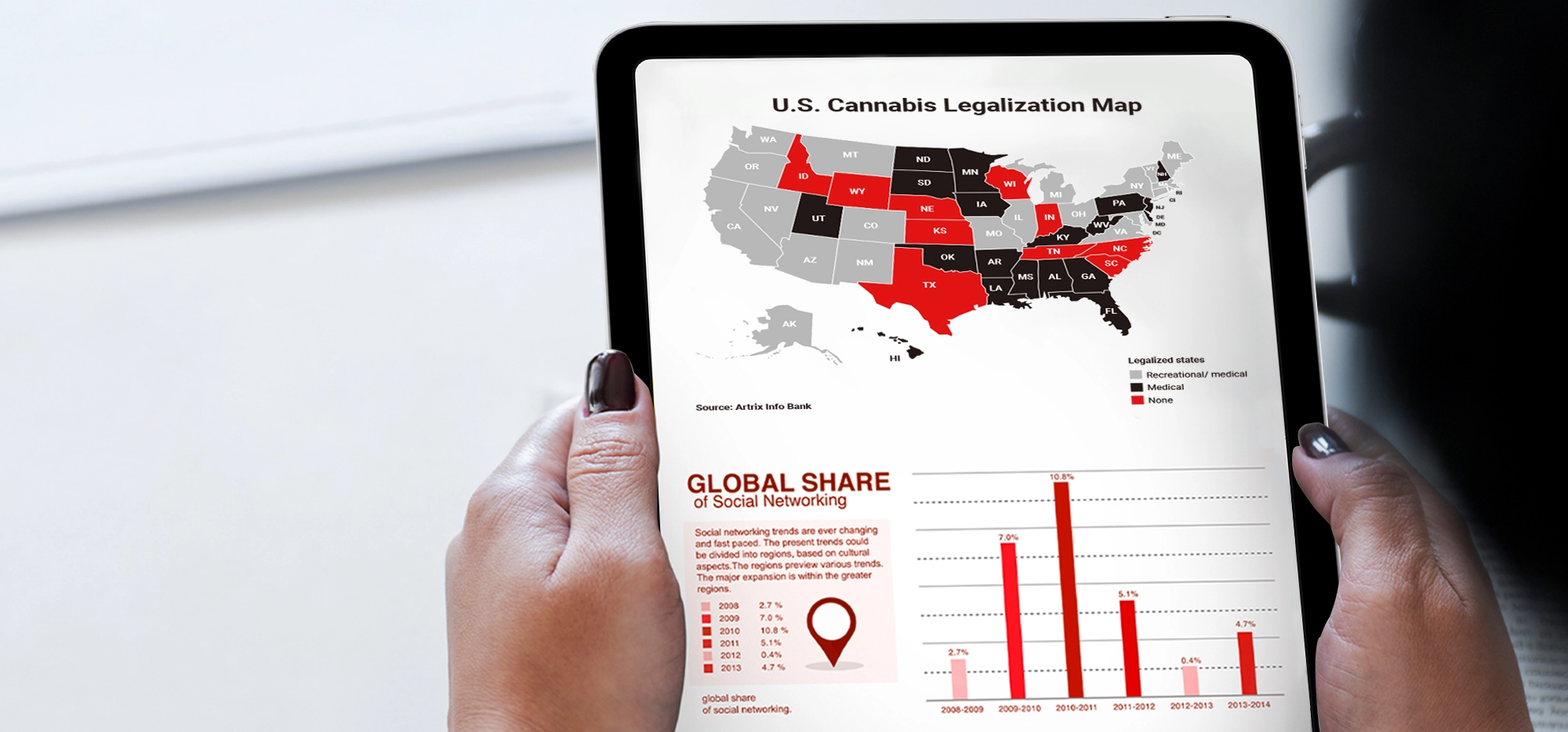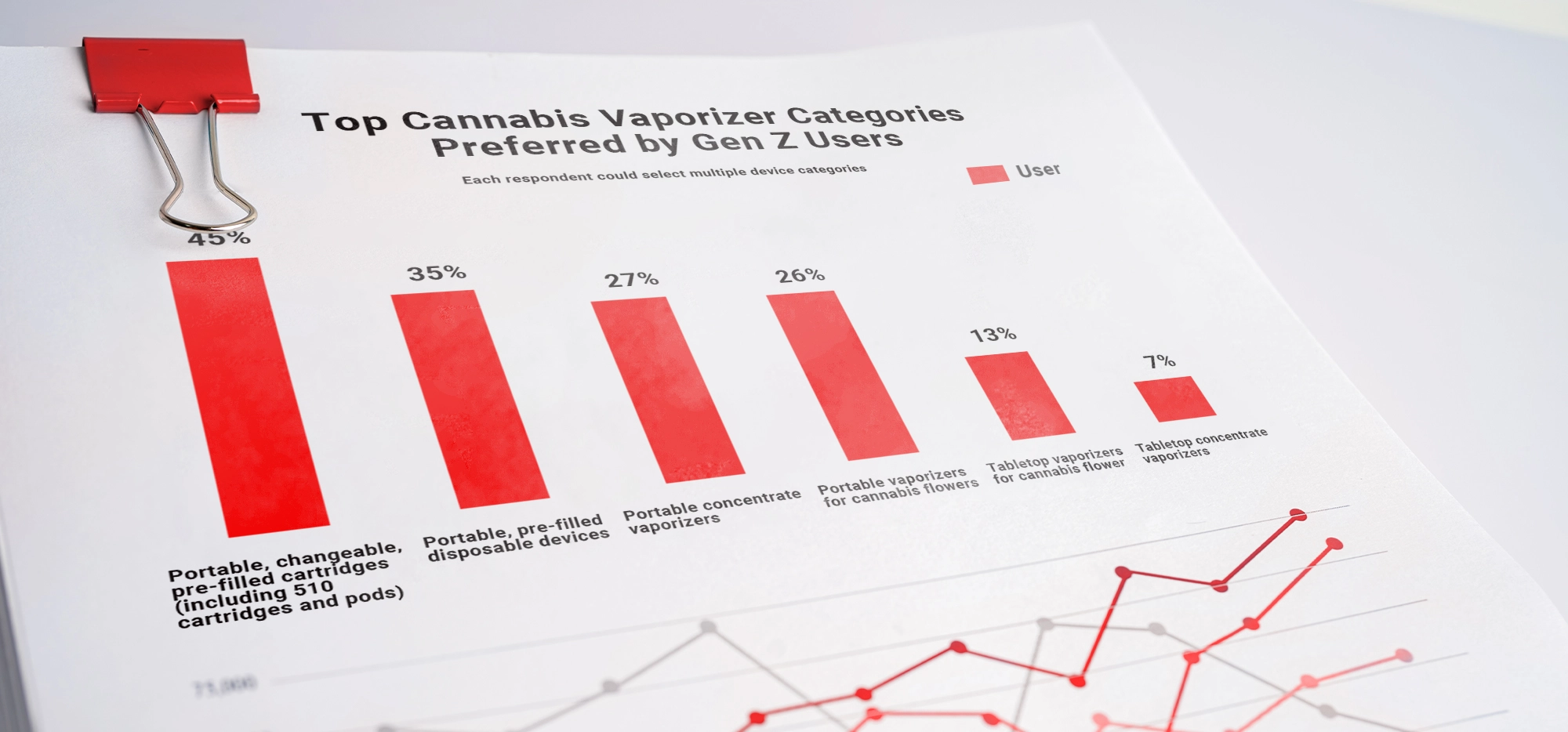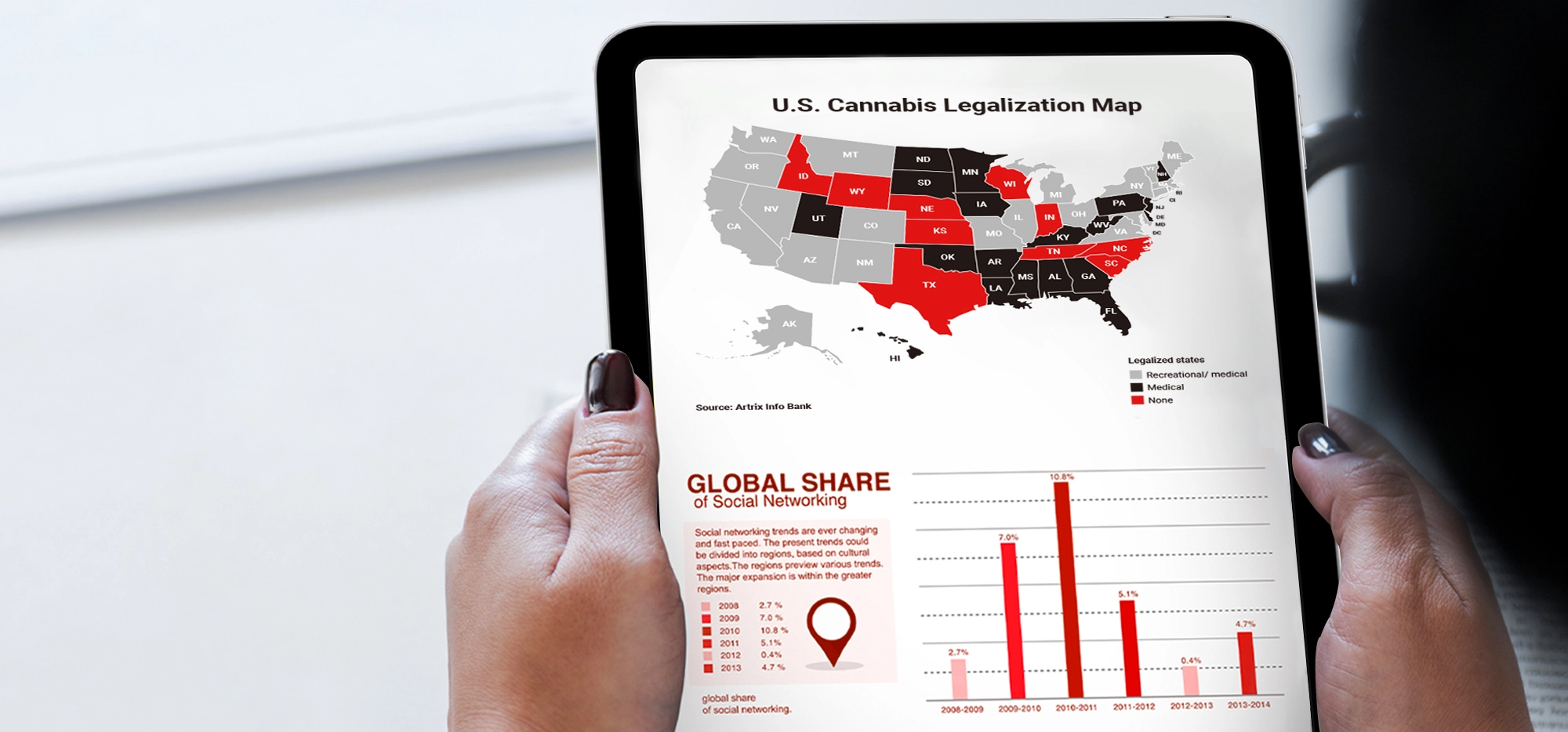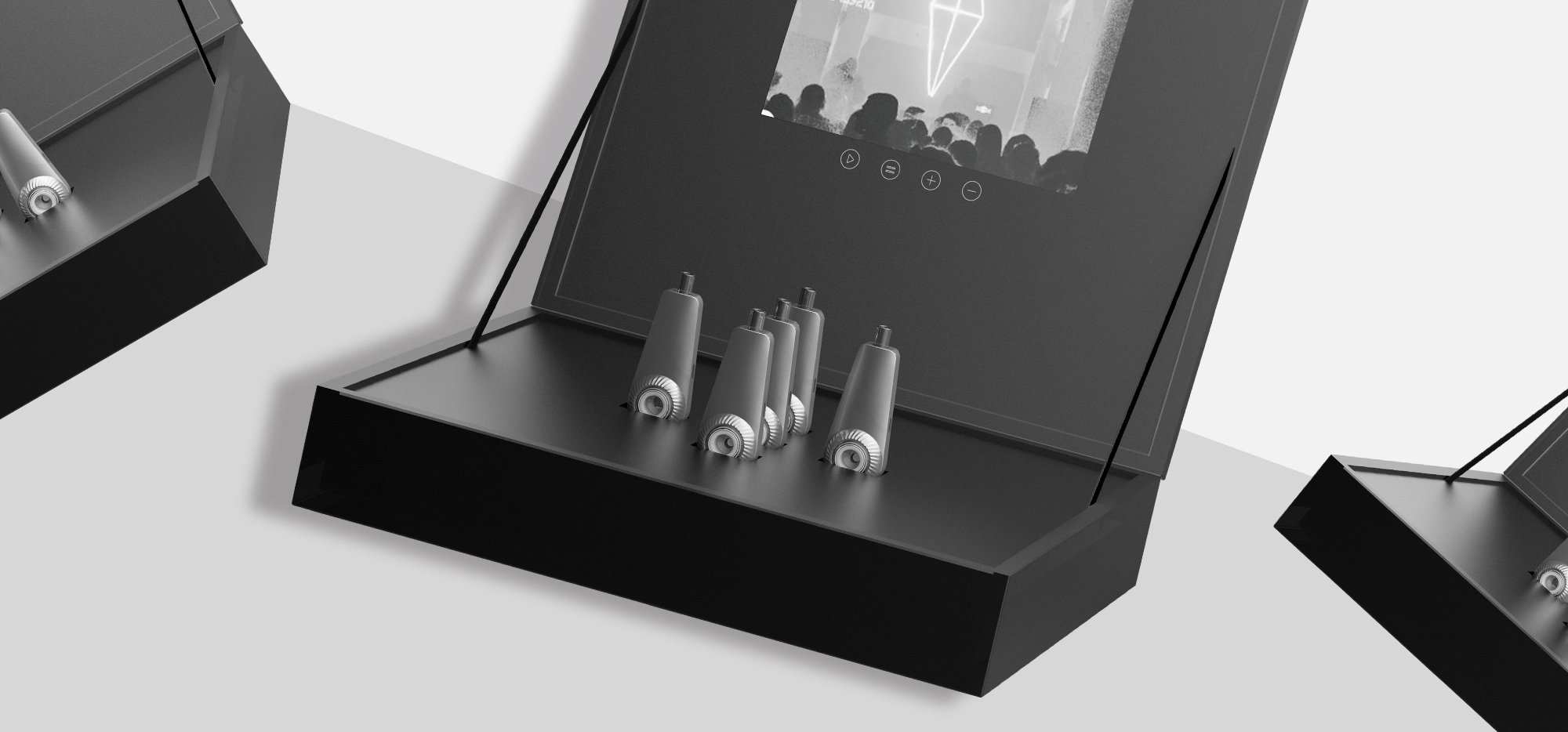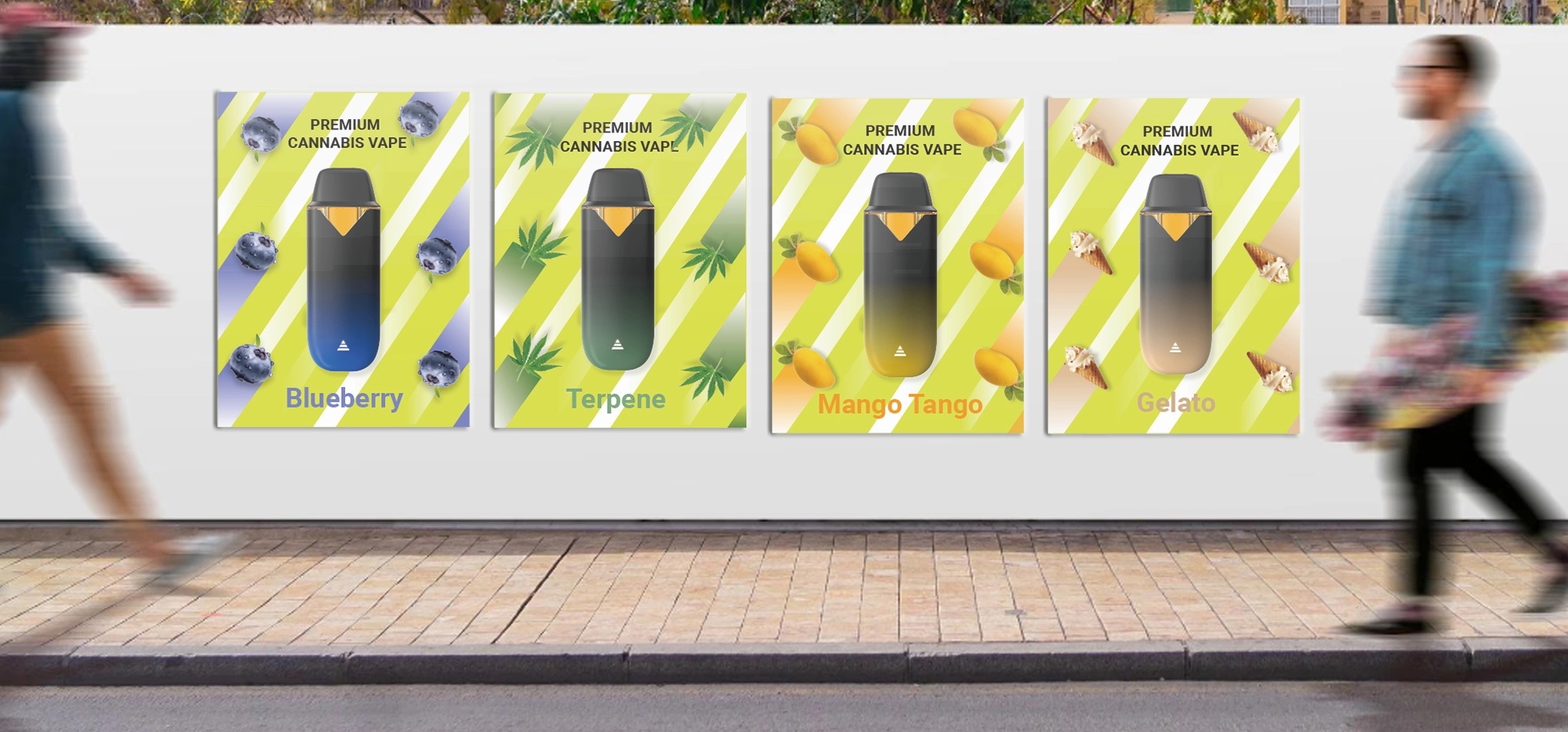How Marijuana Completely Changes Your Sleep
Marijuana—weed, cannabis, whatever you prefer to call it—has become widely available these days. In Canada alone, there are more cannabis shops than all the McDonald’s, Wendy’s, Burger Kings, Taco Bells, and Starbucks combined. Given the popularity of cannabis and its reported effects on sleep, many people wonder how marijuana truly impacts their sleep patterns. While nearly 50% of users claim it helps them sleep, others argue that it worsens their sleep. So, what is happening in our bodies and brains when we consume cannabis?

The Sleep Benefits of Cannabis-What You Need to Know
One of the main benefits of THC, the psychoactive component of cannabis, is its ability to reduce sleep onset latency. THC can help you fall asleep faster, useful for those struggling with racing thoughts or insomnia. Studies have shown that marijuana not only aids in falling asleep but can also prolong total sleep time, leading to improved daytime function and well-being.
Even for those without significant sleep issues, a single dose of cannabis can reduce the time it takes to fall asleep, increase total sleep duration, and decrease sleep disturbances. Additionally, there’s promising research on CBD, the non-psychoactive component of cannabis. CBD may assist in lowering body temperature—necessary for sleep—and modulate sensitivity to adenosine, a chemical that builds up in your brain and makes you feel tired. Furthermore, CBD’s potential to reduce anxiety may contribute to more restful sleep overall.
The Bad News: How Cannabis May Harm Sleep Quality Despite the benefits? THC seems to negatively impact the overall quality of your sleep. A normal sleep cycle includes light sleep, deep sleep, and REM (rapid eye movement) sleep, each vital for brain health. However, THC appears to delay the onset of REM sleep and decreases the overall amount of REM you get, which may impair cognitive functions like memory. Chronic REM deprivation can lead to anxiety and moodiness; in extreme cases, it can even cause hallucinations.
After taking a break from cannabis, users often experience more vivid and frequent dreams, a phenomenon called REM rebound, where the body attempts to recover lost REM sleep. Withdrawal from cannabis can also result in rebound insomnia, making it challenging for regular users to stop using marijuana. Research also indicates that regular cannabis vapers tend to experience more sleep disturbances compared to non-users. In a study of 14,000 students, marijuana users were found to have a 45% higher rate of insomnia than non-users. Additionally, chronic users—defined as those consuming cannabis on 20 or more days in a given month—are more likely to either sleep less than six hours or more than nine hours, both of which are linked to increased health risks.
Conclusion: Weighing the Effects of Cannabis on Sleep
Overall, while THC may offer temporary benefits for falling asleep, repeated use can worsen sleep quality, particularly affecting REM cycles. CBD shows potential as a sleep aid but requires further research. For those struggling with sleep, it might be beneficial to evaluate cannabis use and consider alternatives.
FAQs
Does THC help with sleep?
THC can help reduce the time it takes to fall asleep, making it useful for sleep onset. However, it can negatively impact overall sleep quality, particularly REM sleep.
What effects does CBD have on sleep?
CBD may help to regulate body temperature, increase tiredness, and reduce anxiety. However, more research is needed to confirm its effectiveness as a sleep aid.
Can using cannabis lead to insomnia?
Yes, regular cannabis use is linked to higher rates of insomnia and sleep disturbances, particularly during withdrawal periods when REM rebound and insomnia are common.
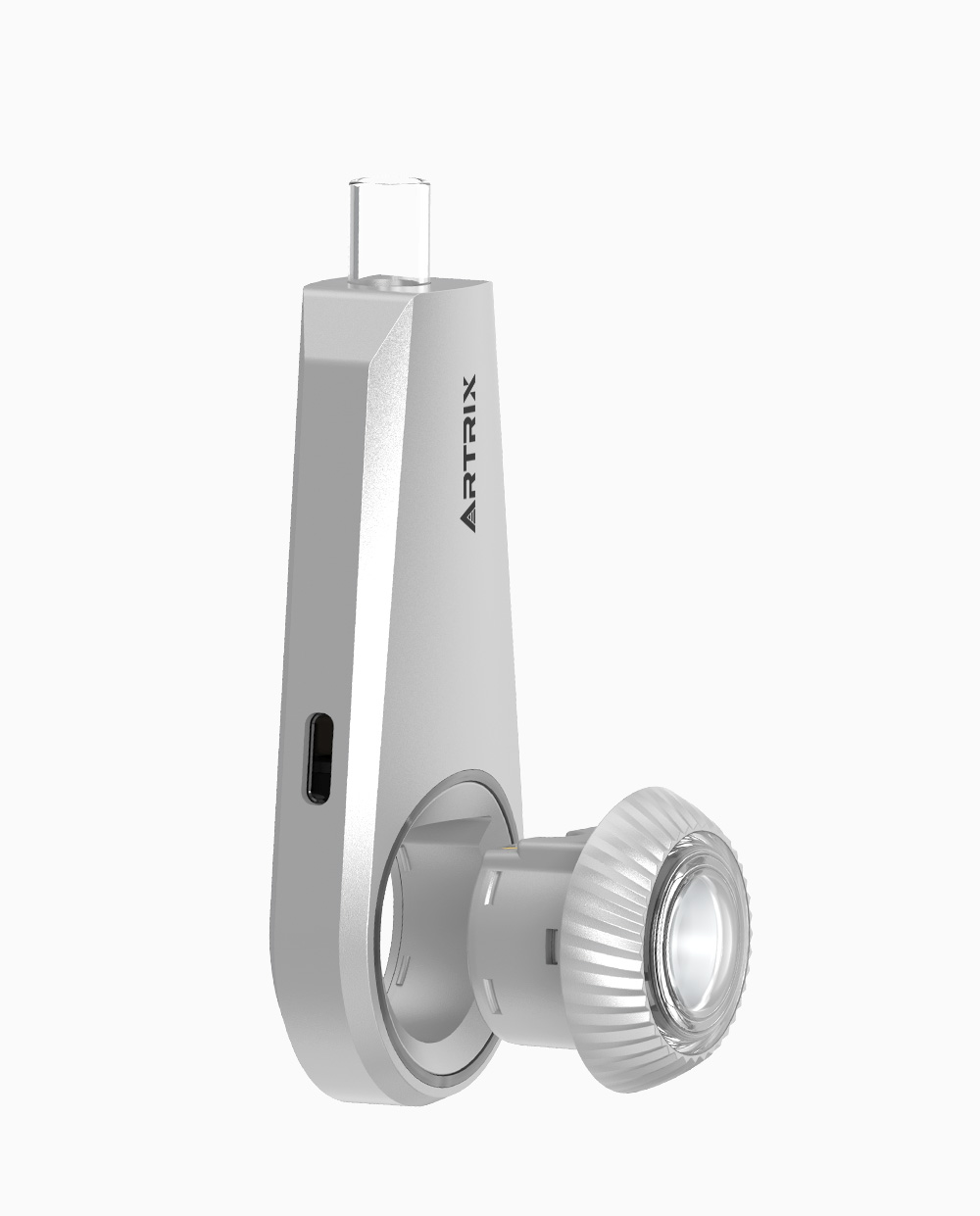
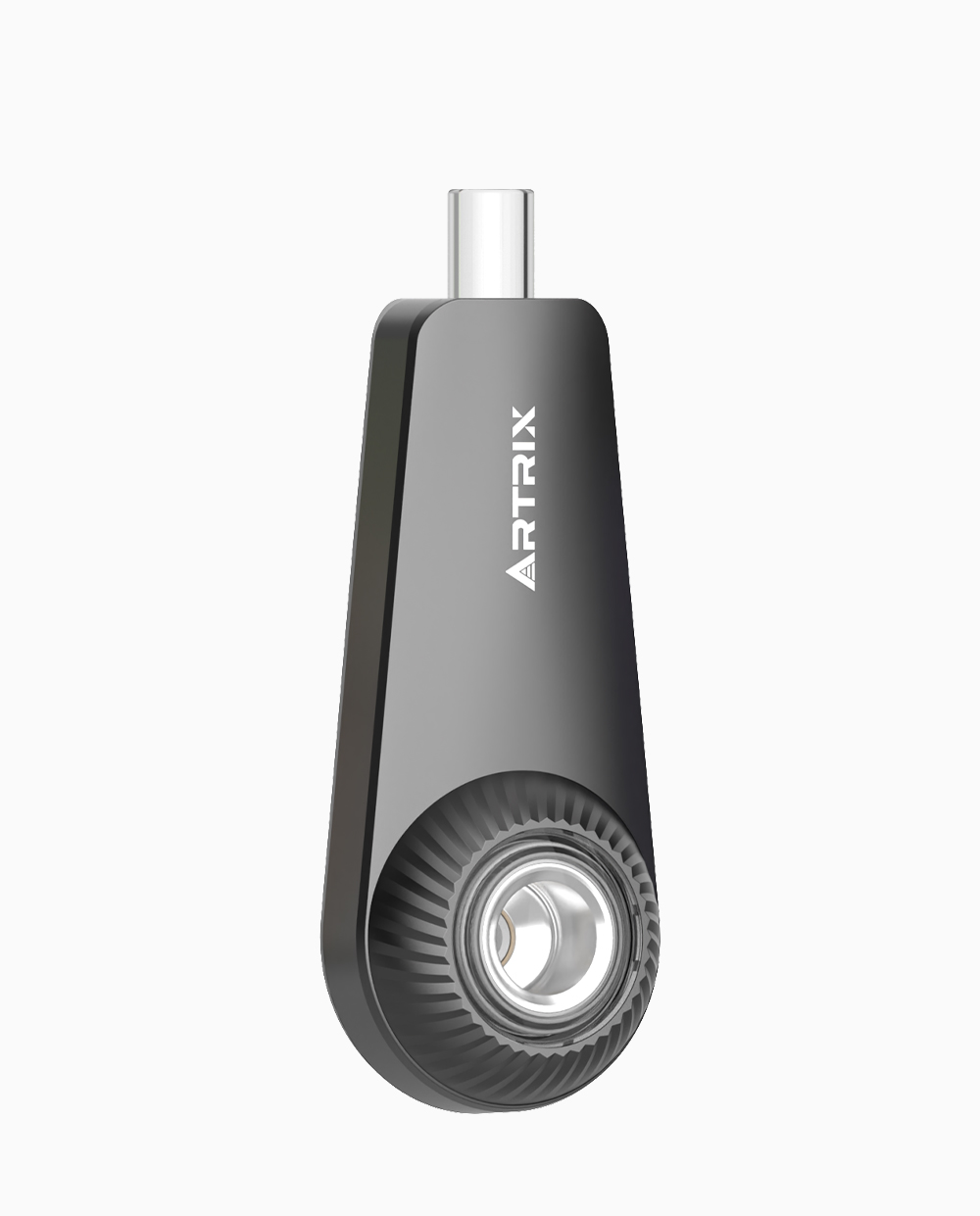

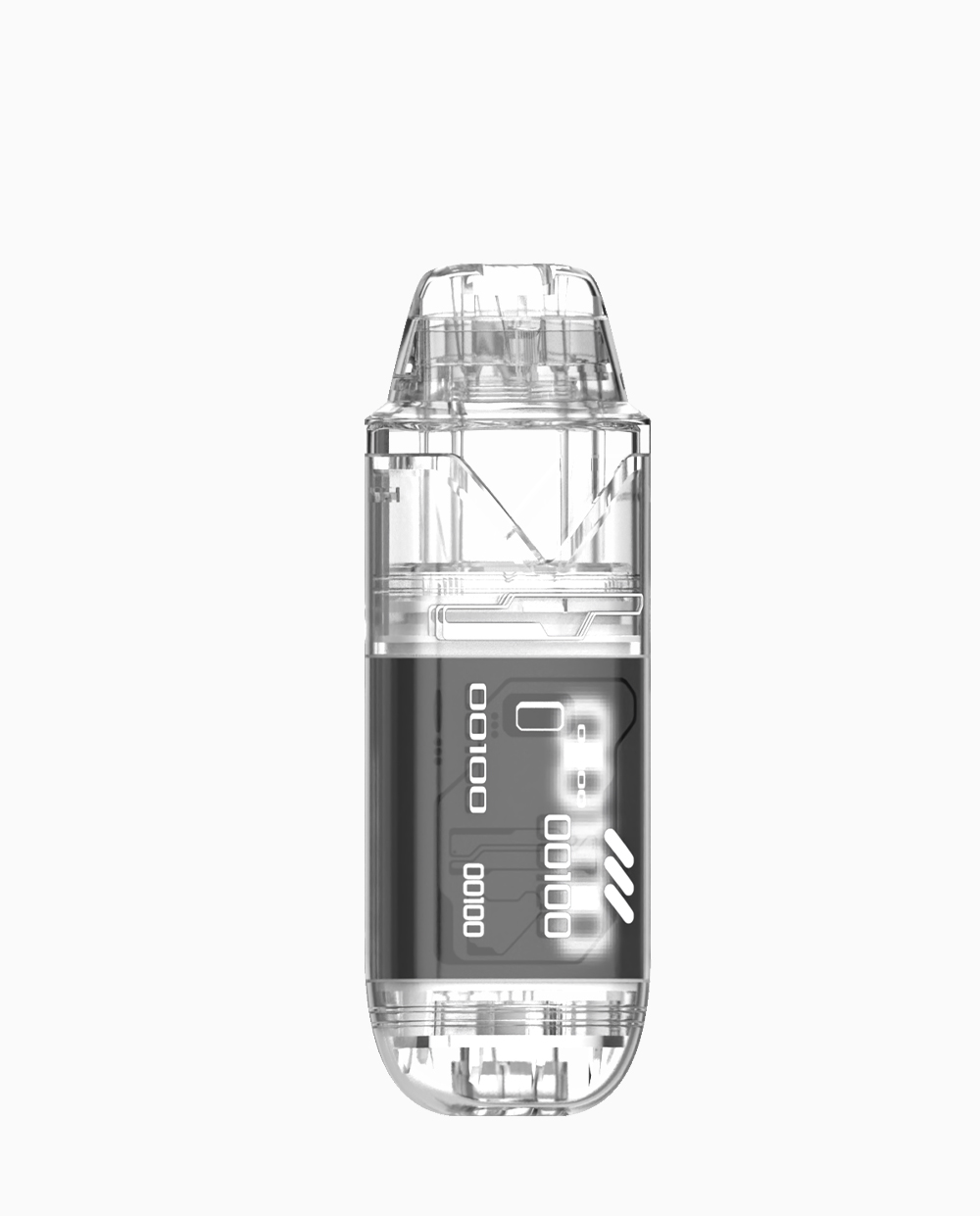
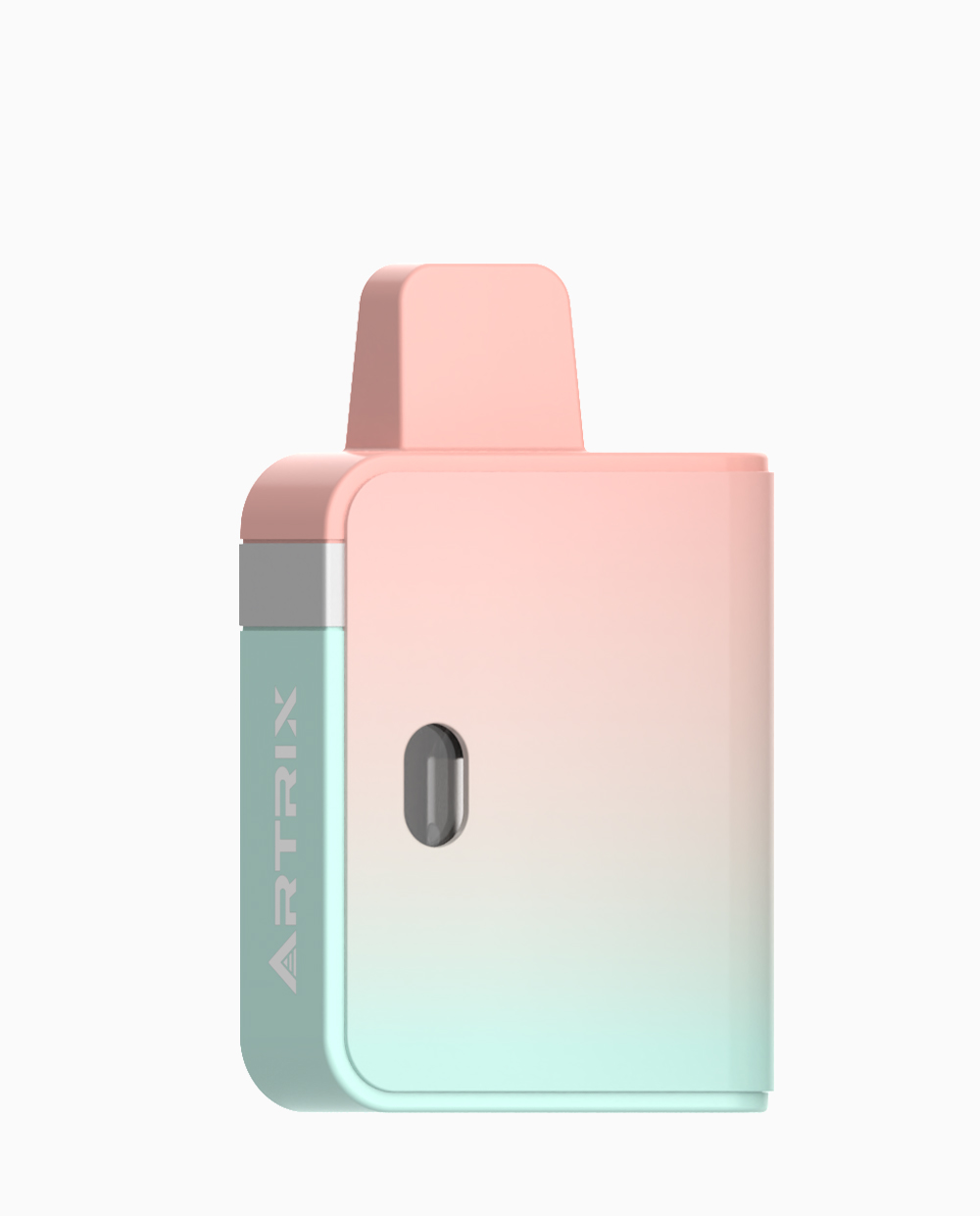


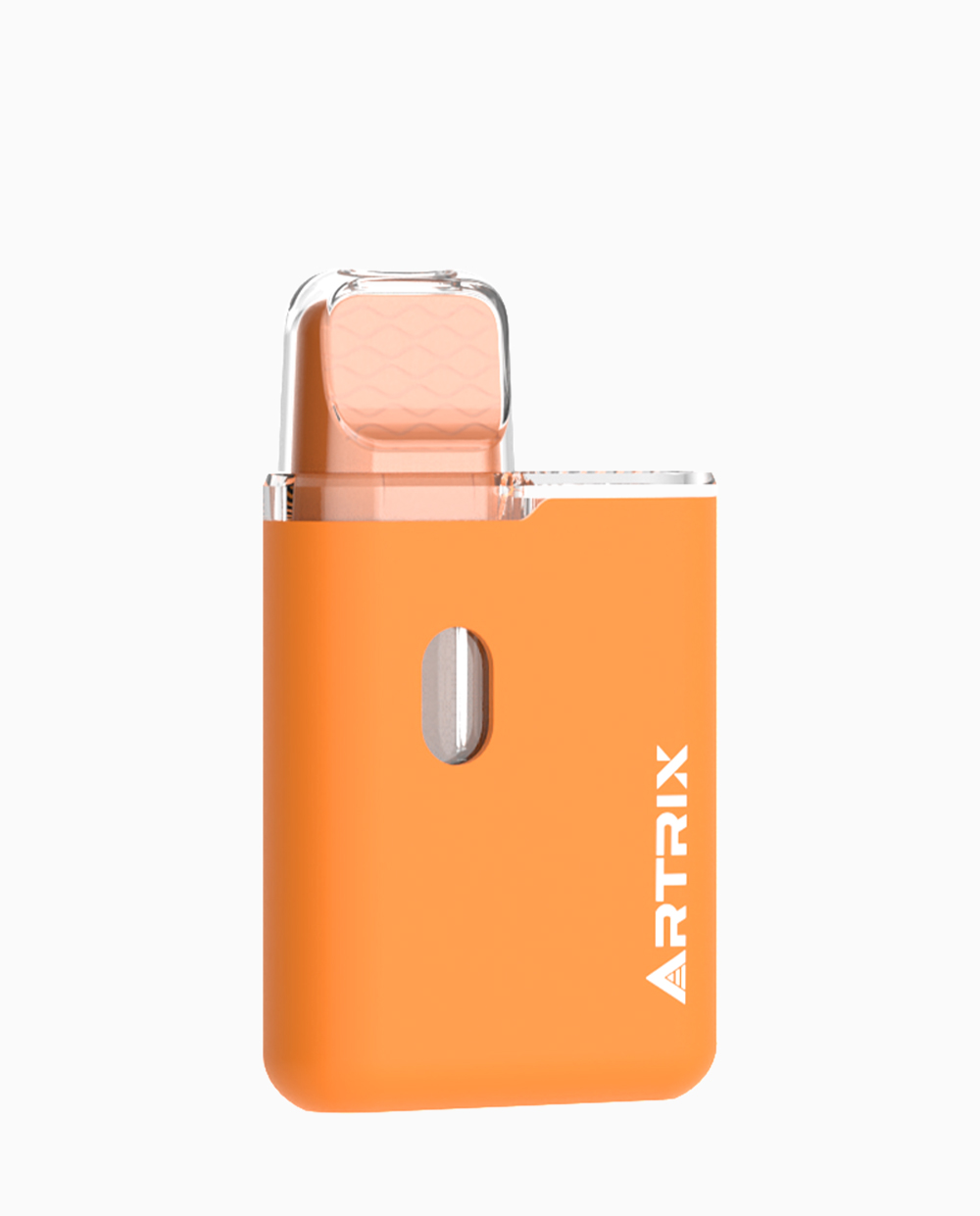
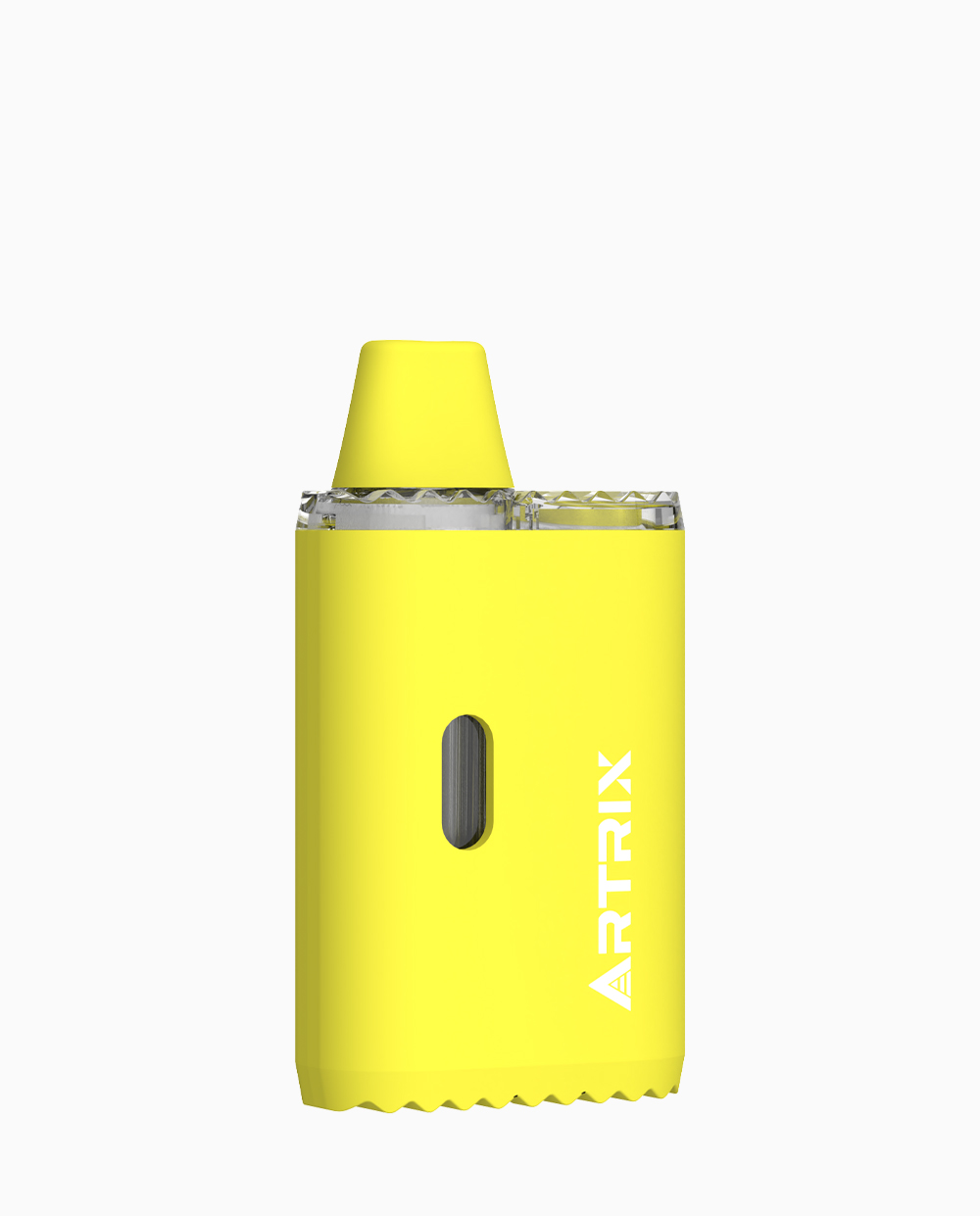
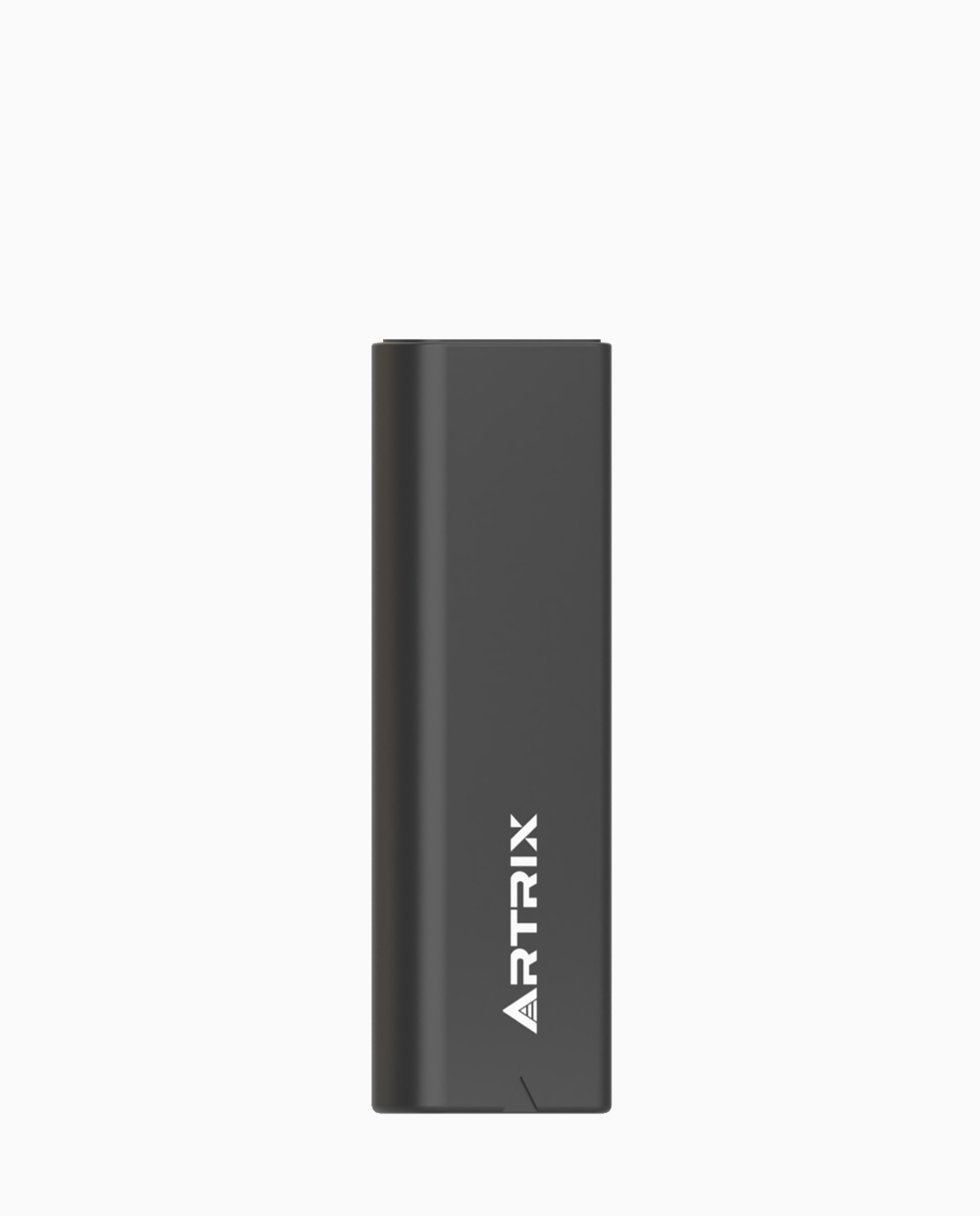
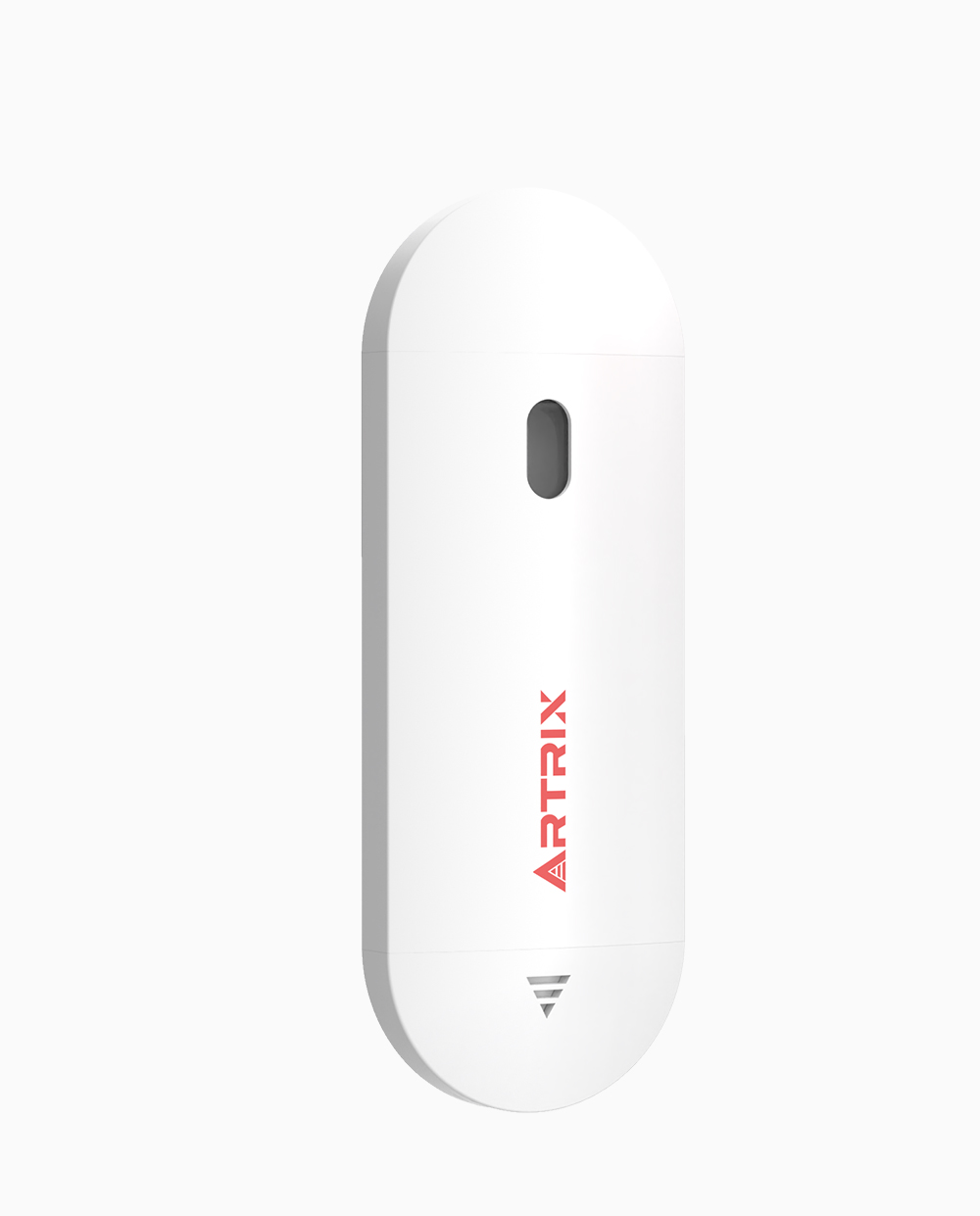



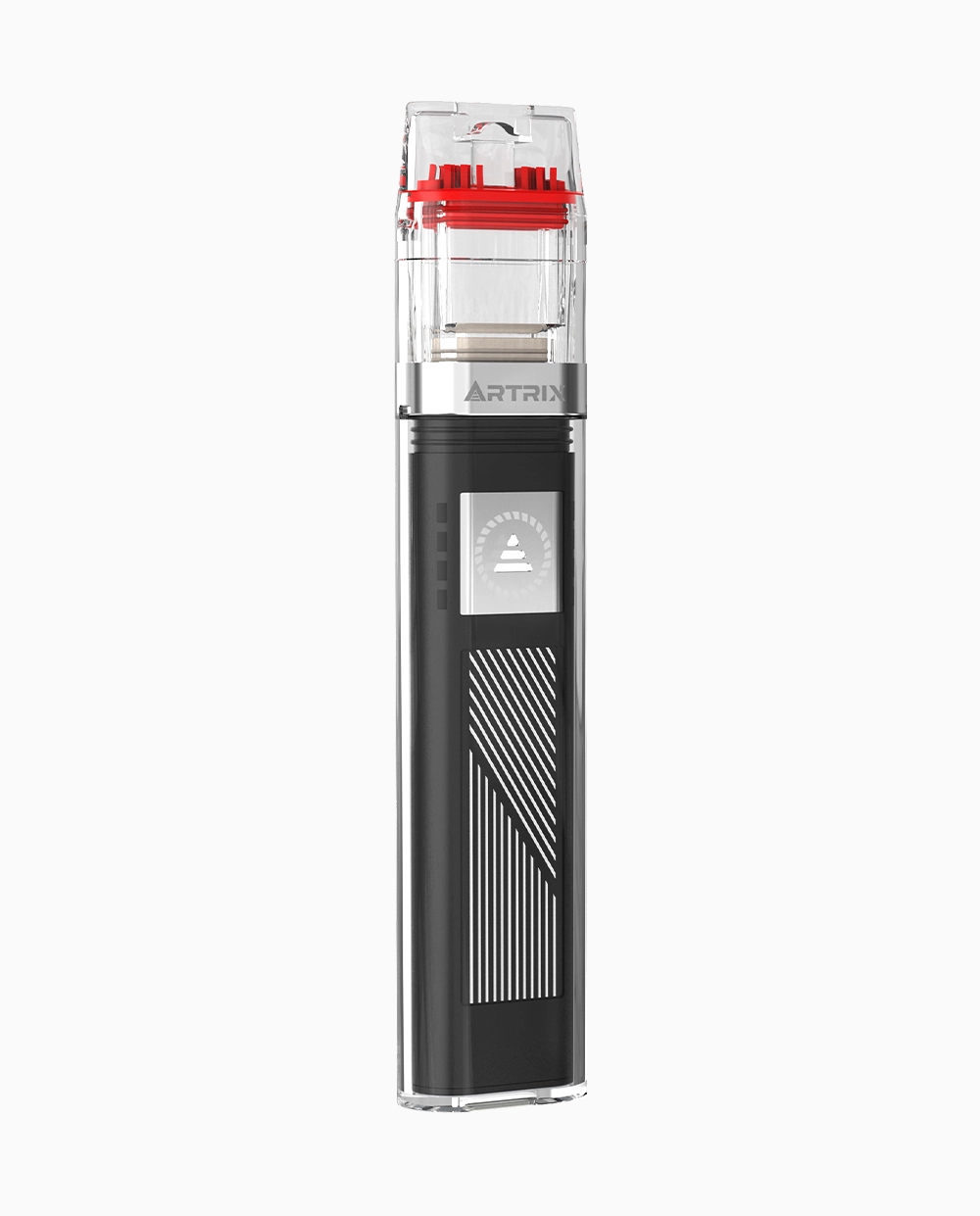
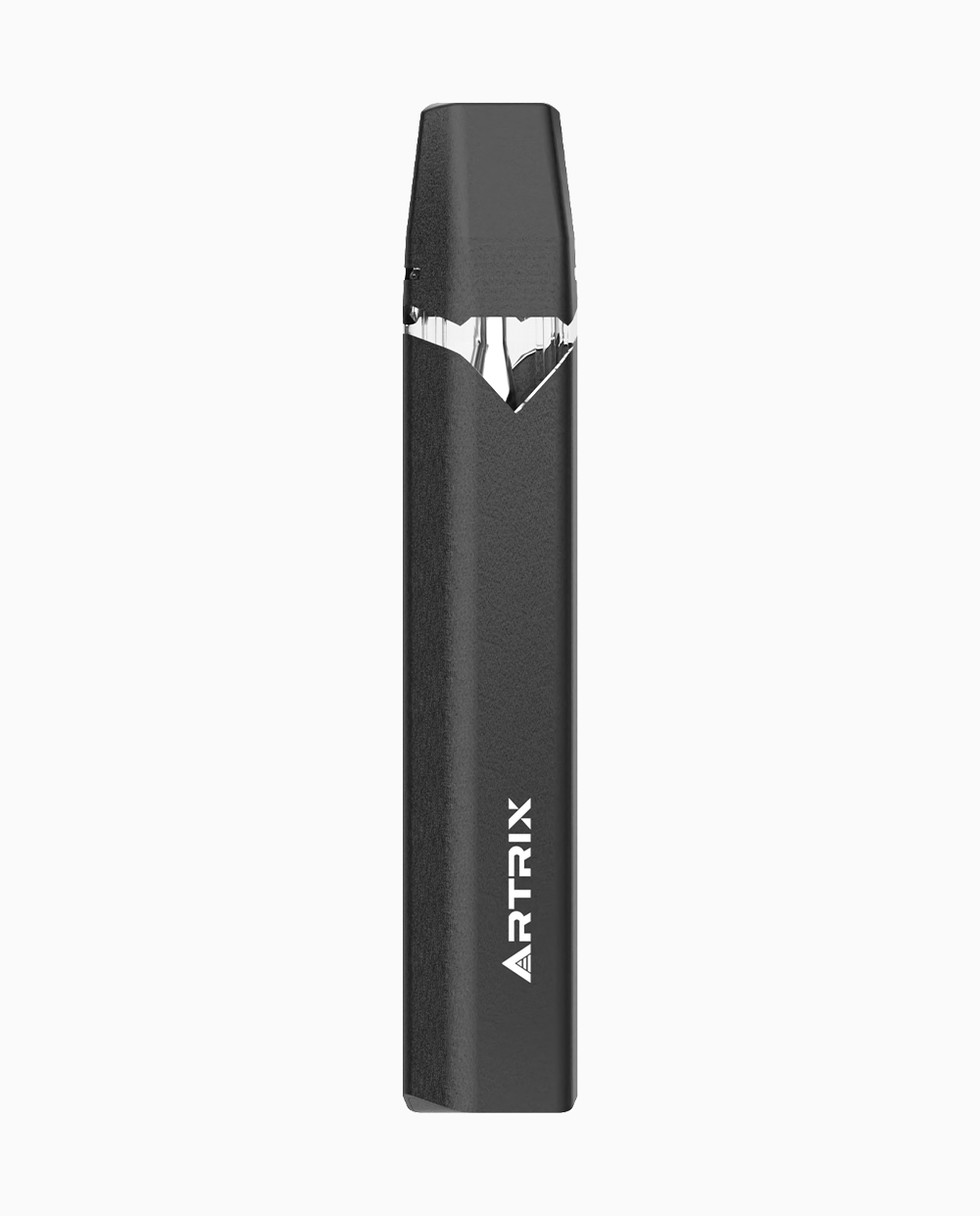
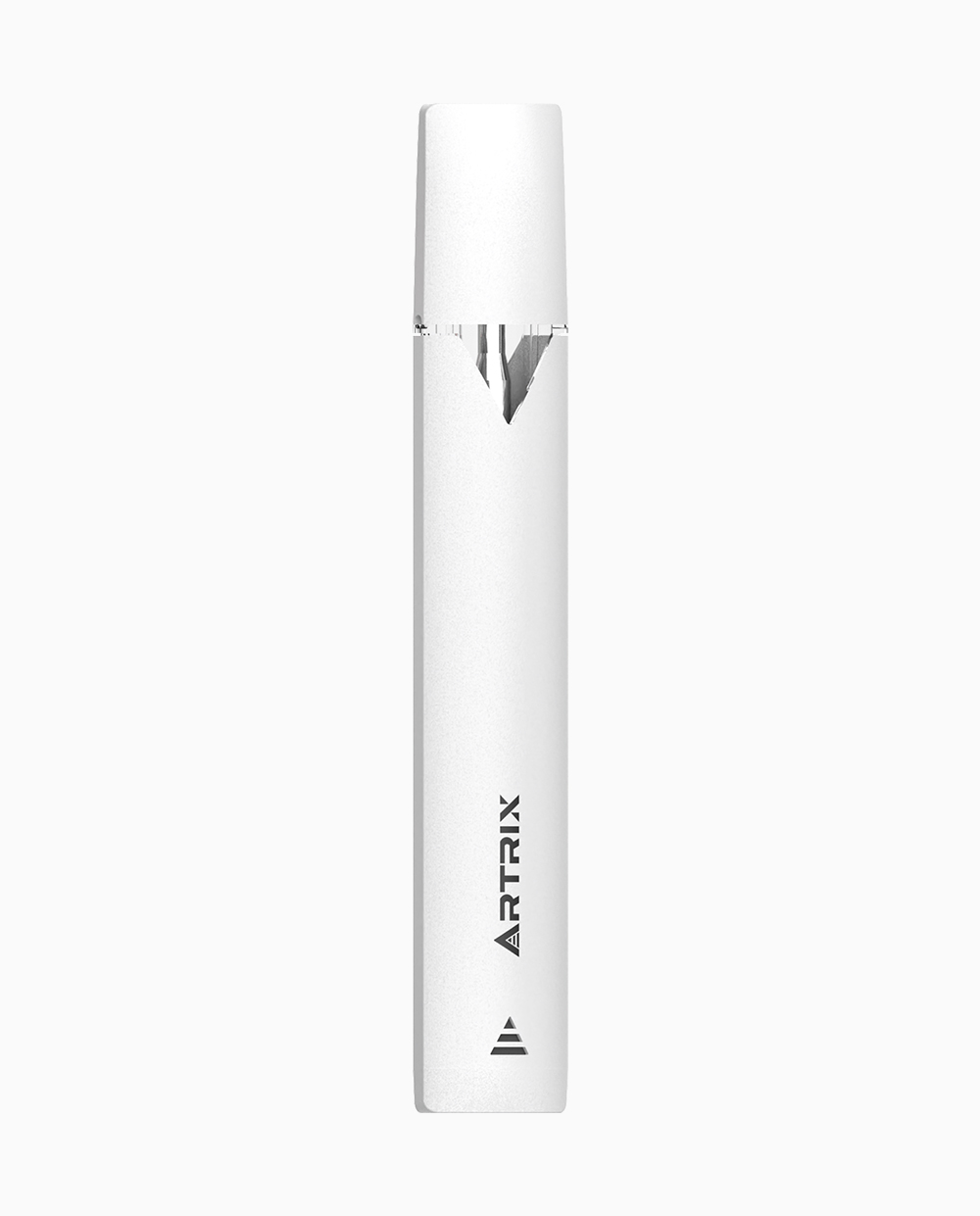
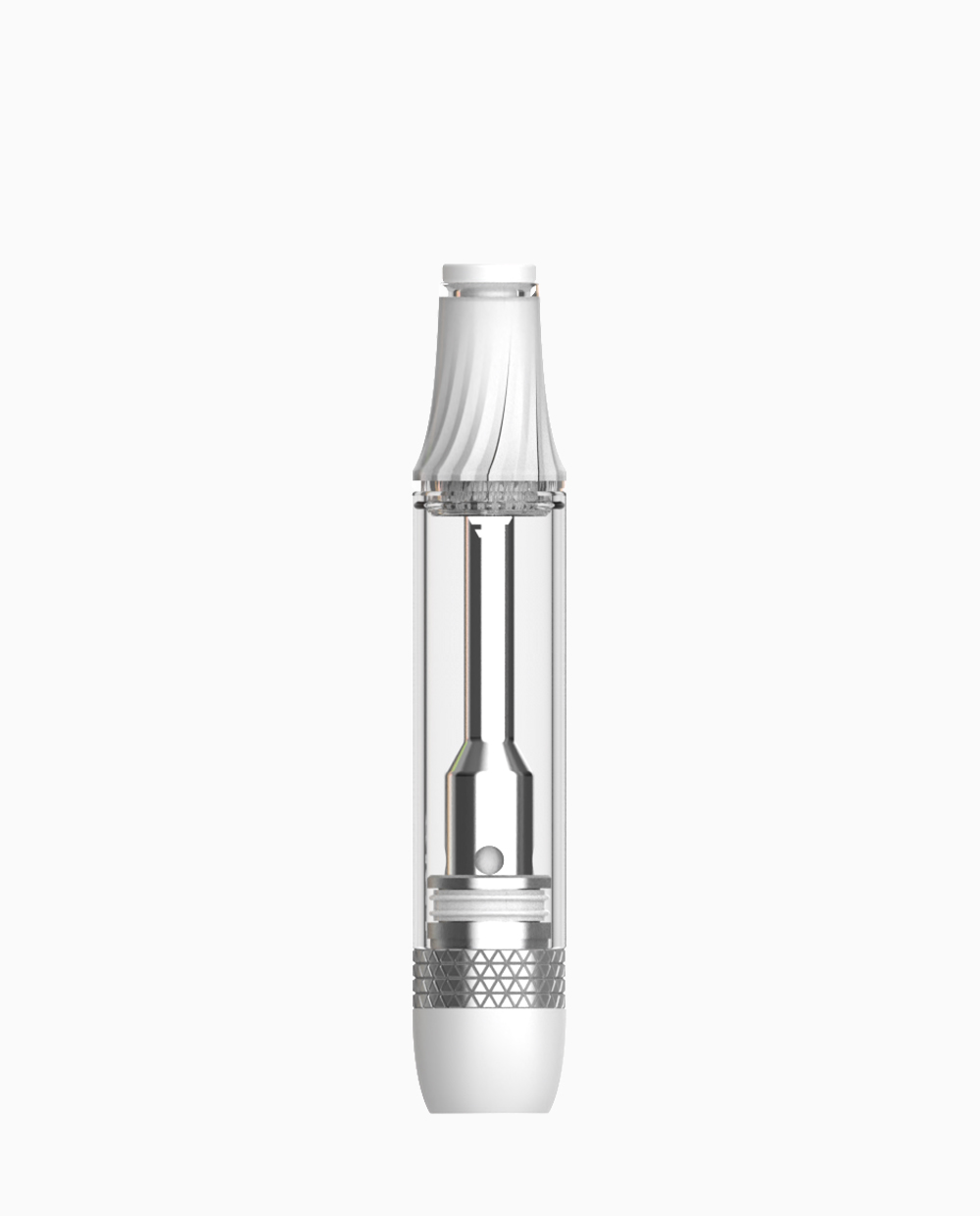

-1.webp)
-1.webp)
-2.webp)


